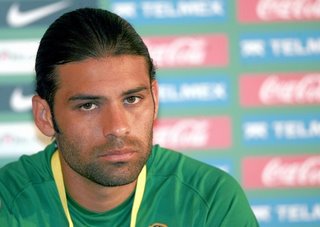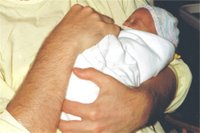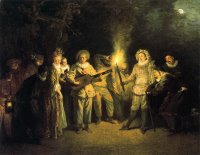Yesterday I was listening to a recording of Grieg piano pieces I hadn’t played for a while. Hearing the opening bars of “To Spring”, I suddenly remembered that that had been a favourite of my grandfather’s.  My grandfather came to Canada from England, with his parents and older sister, at the age of three. They crossed the Atlantic early in 1912, weeks before the Titanic’s fateful maiden voyage. They settled in a remote little town out west where my great grandfather was to work on the railway, but he was soon shipped back to Europe where he experienced the horror of trench warfare between 1914 and 1918. After the war, they were resettled in a larger centre, where my grandfather would grow up and spend the rest of his life. He met and married my grandmother when he was in his thirties, and Mum was their only child.
My grandfather came to Canada from England, with his parents and older sister, at the age of three. They crossed the Atlantic early in 1912, weeks before the Titanic’s fateful maiden voyage. They settled in a remote little town out west where my great grandfather was to work on the railway, but he was soon shipped back to Europe where he experienced the horror of trench warfare between 1914 and 1918. After the war, they were resettled in a larger centre, where my grandfather would grow up and spend the rest of his life. He met and married my grandmother when he was in his thirties, and Mum was their only child.
Grandpa was a mild-mannered, soft-spoken man and a true old-fashioned gentleman, always to be seen wearing a suit and tie, and never without his fedora. He had what I imagined to be a rather tedious job at the post office, but he was fascinated with just about every aspect of life, and was always quoting some interesting fact he’d gleaned while reading, or reciting passages from Shakespeare or the Rubaiyat of Omar Khayyam. He loved to travel, and after his retirement, when he and my grandmother weren’t away, they were planning their next big trip.
From as early as I can remember, Grandpa was my favourite grandparent. He always took a genuine interest in us kids and spent lots of time with us, teaching us to play chess or card games, telling jokes, playing charades. He took great pride in all our accomplishments and always encouraged us in our interests. It was often remarked that I took after my grandfather in various ways, and I certainly did seem to share his temperament and his love of language and music.
When I was a teenager, I was surprised to learn that in midlife, my grandfather had had a mental breakdown, and had spent quite some time in hospital as a result. At his request, he’d been given electroshock therapy at a time when it was falling out of favour with psychiatrists. As he approached old age, Grandpa began to experience emotional problems again. He became increasingly agoraphobic, and eventually virtually cut himself off from everyone but close family.
Little was ever said about what prompted these episodes; Mum just said he’s been troubled by experiences he’d had as a young man. But recently, she confided to my wife that he had had doubts about his sexuality, that he’d “questioned whether he was a real man”. Grandpa, perhaps you and I had more in common than either of us ever knew.
I’m listening to the Grieg again, and thinking about my last memory of my grandfather. I am sitting next to his hospital bed, and I’ve been reading him stories by one of his favourite authors, Stephen Leacock. He asks me about what I’ve been doing, and how the family are. I ask him about his childhood memories, and he begins to tell me how difficult things were for his parents, the contrast between Lichfield and the isolated Canadian town with no paved roads. But too soon, our visit is over. It’s time for Grandpa to go to sleep.
 Trinidad and Tobago's goalkeeper Shaka Hislop
Trinidad and Tobago's goalkeeper Shaka Hislop Portugal's Francisco Costinha, Nuno Gomes, Cristiano Ronaldo and Luis Figo
Portugal's Francisco Costinha, Nuno Gomes, Cristiano Ronaldo and Luis Figo Saudi Arabia's Yasser al-Kahtani
Saudi Arabia's Yasser al-Kahtani Togo's Mohamed Kader Coudjaba and Emmanuel Adebayor celebrate a goal
Togo's Mohamed Kader Coudjaba and Emmanuel Adebayor celebrate a goal  Switzerland's Alexander Frei and Tranquillo Barnetta share a hug
Switzerland's Alexander Frei and Tranquillo Barnetta share a hug Mexico's Rafael Marquez
Mexico's Rafael Marquez Brazil's Ronaldinho gives Japan's Hidetoshi Nakata a taste of his fancy footwork
Brazil's Ronaldinho gives Japan's Hidetoshi Nakata a taste of his fancy footwork France's Thierry Henry
France's Thierry Henry He wears a suit well, too
He wears a suit well, too




